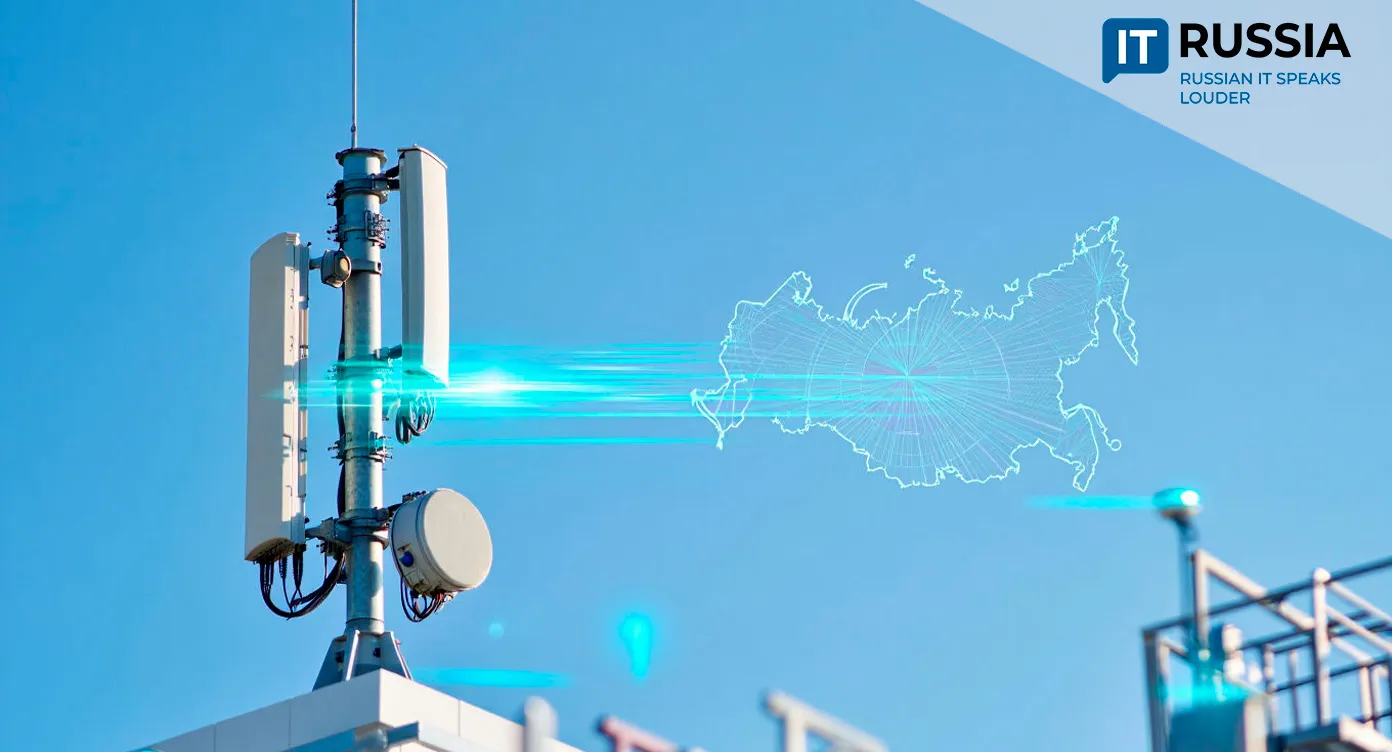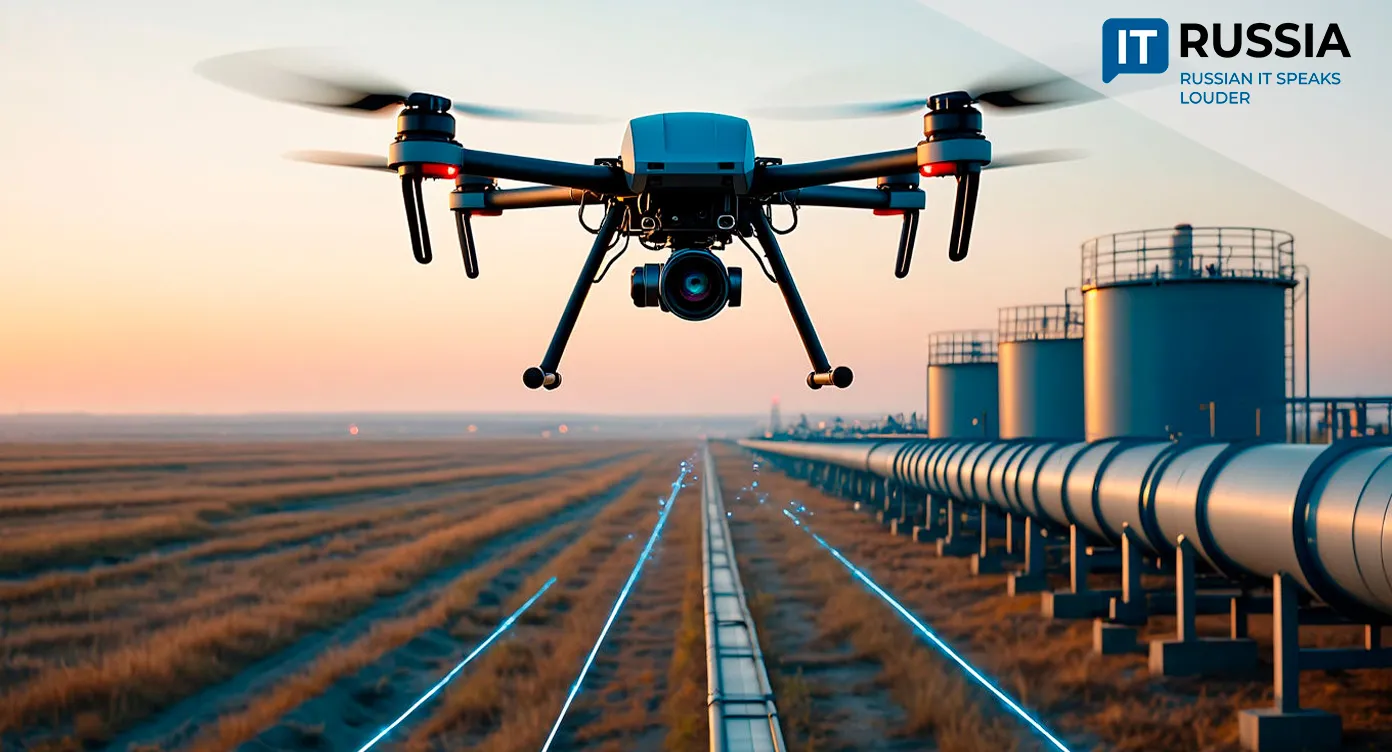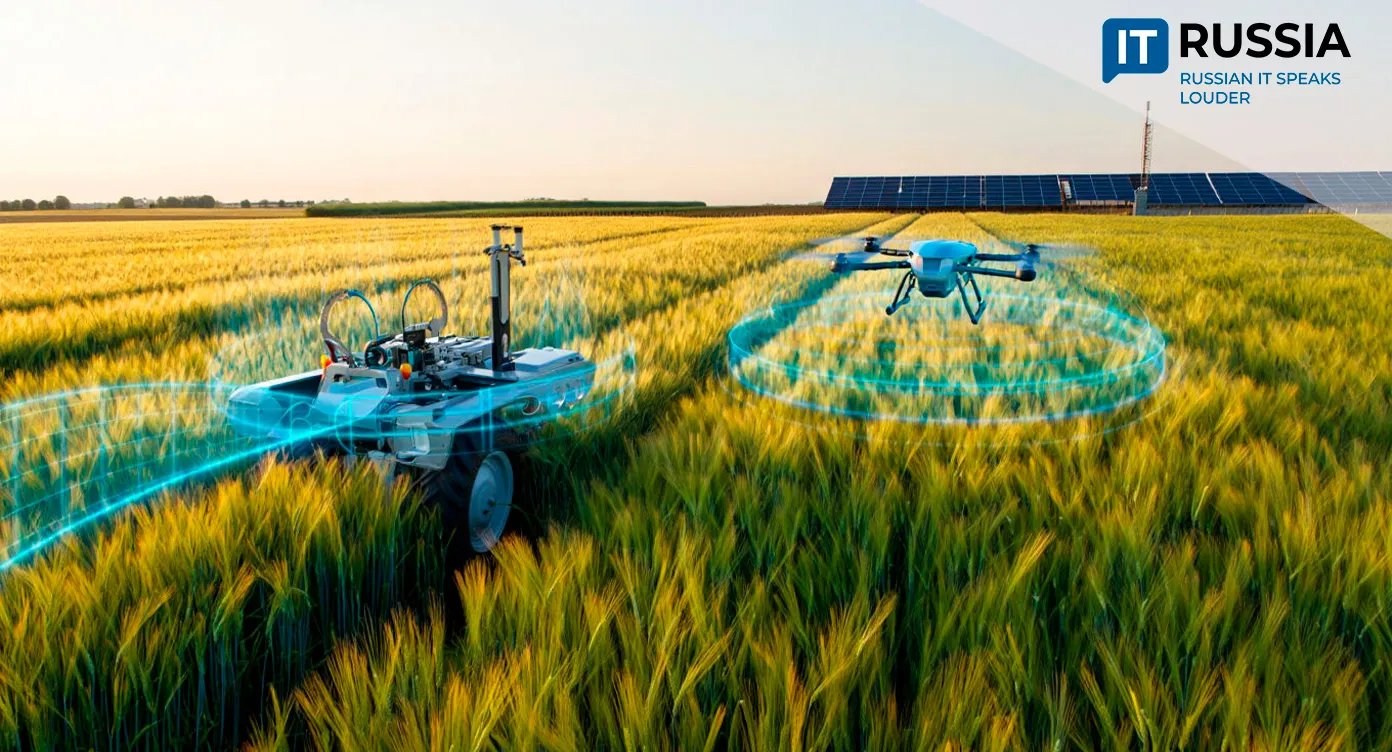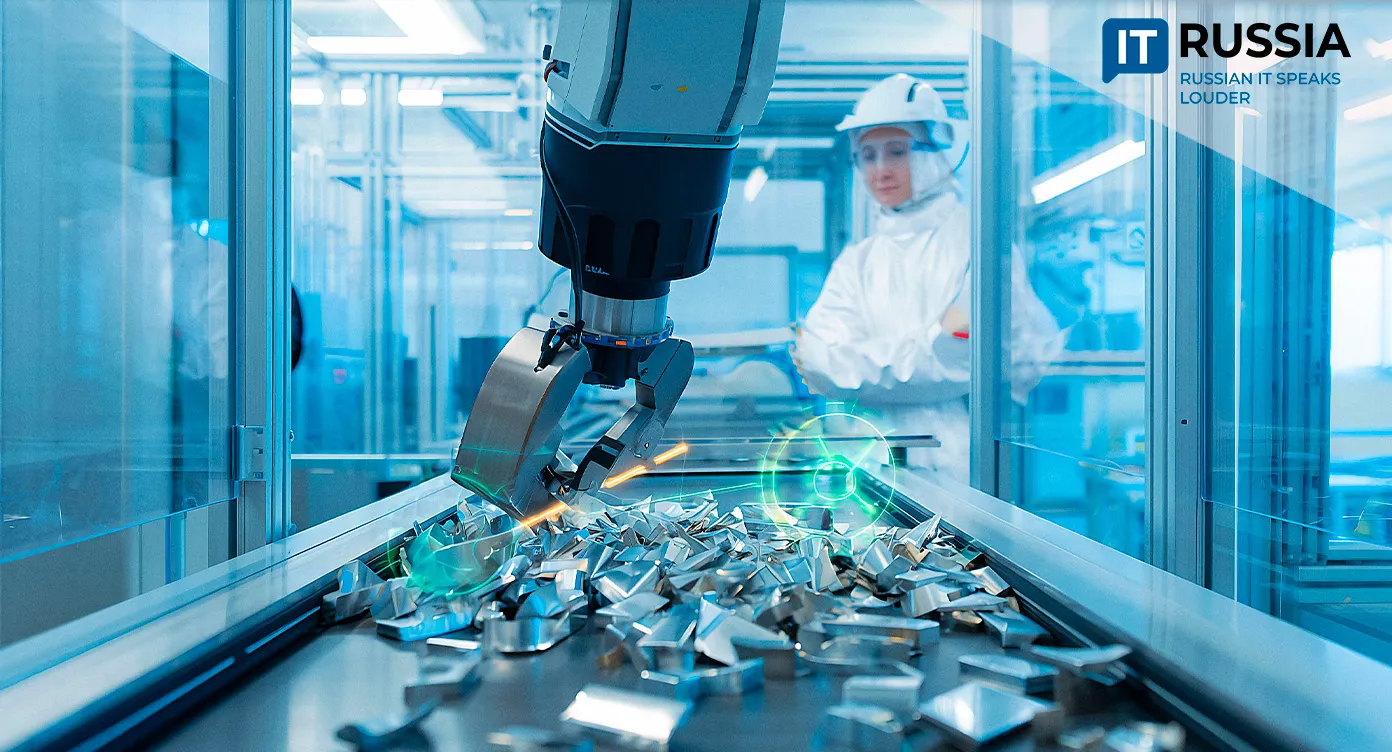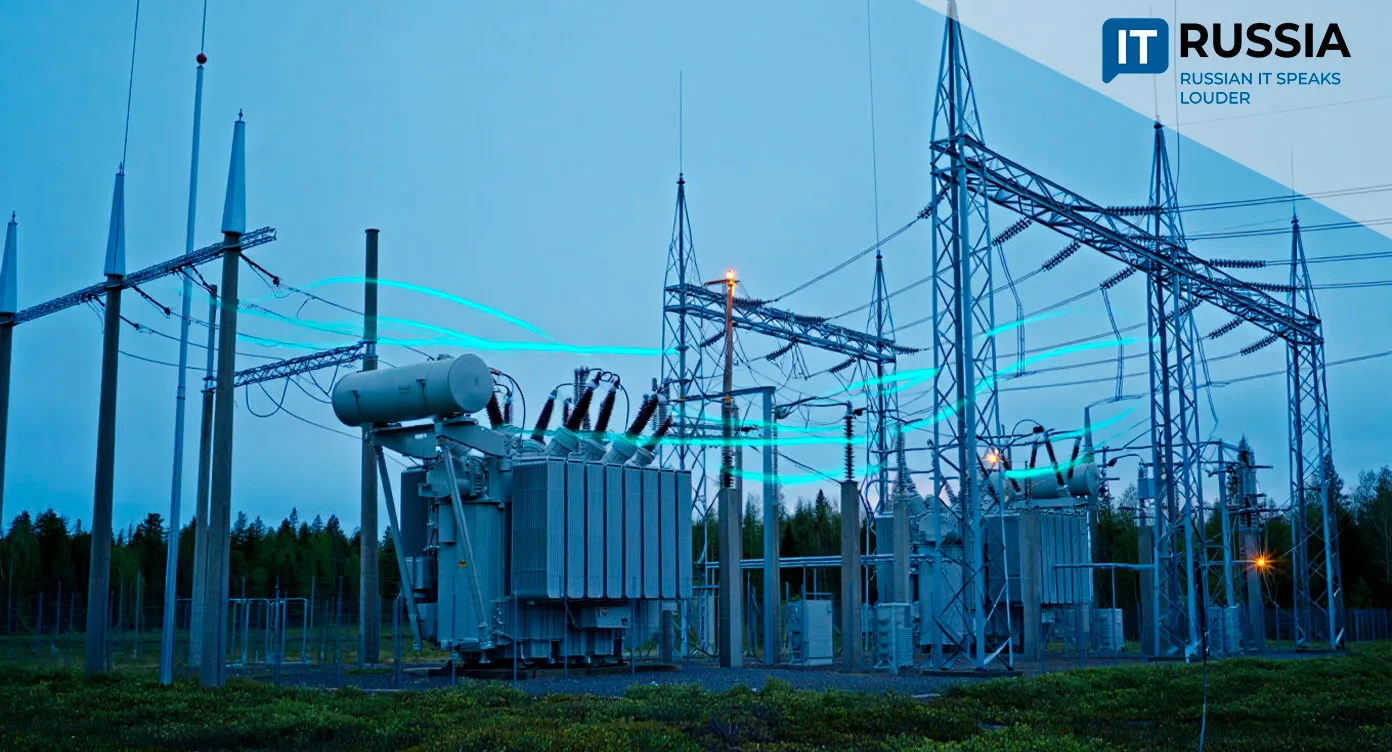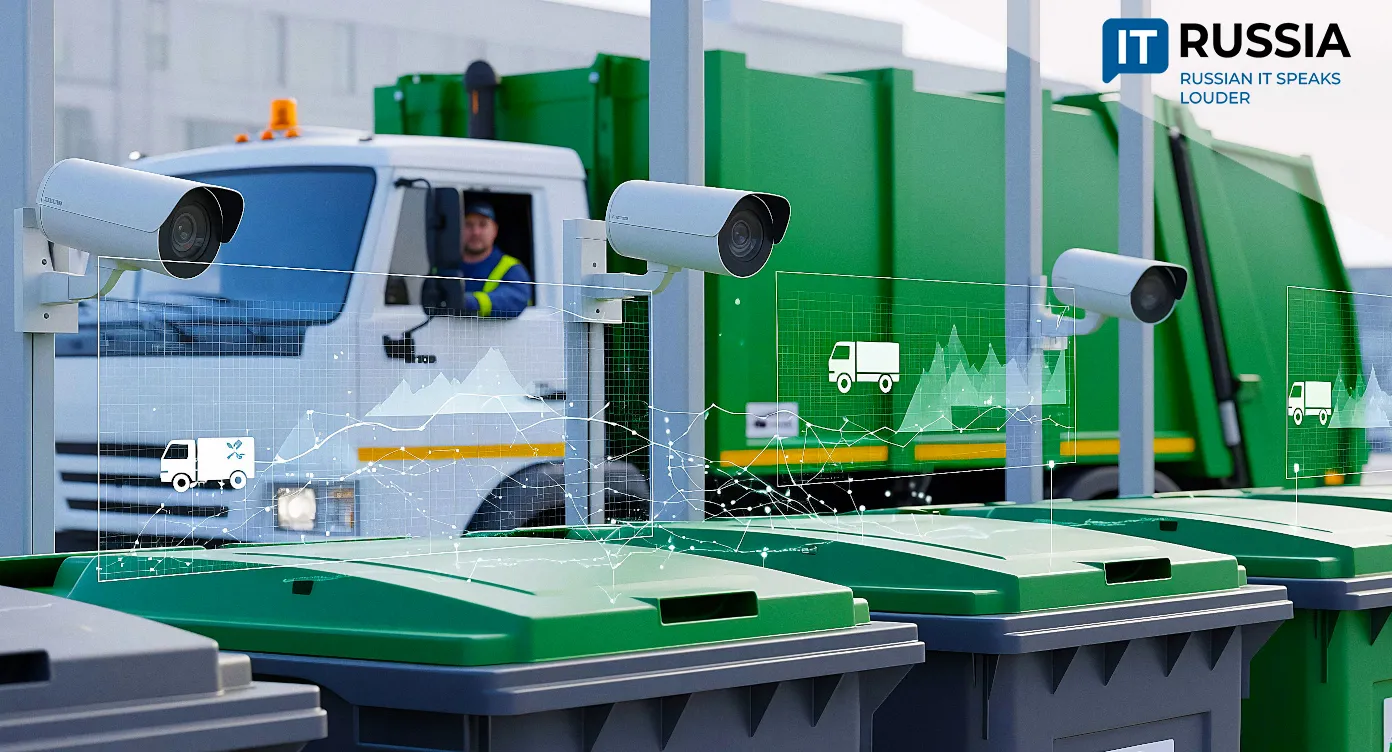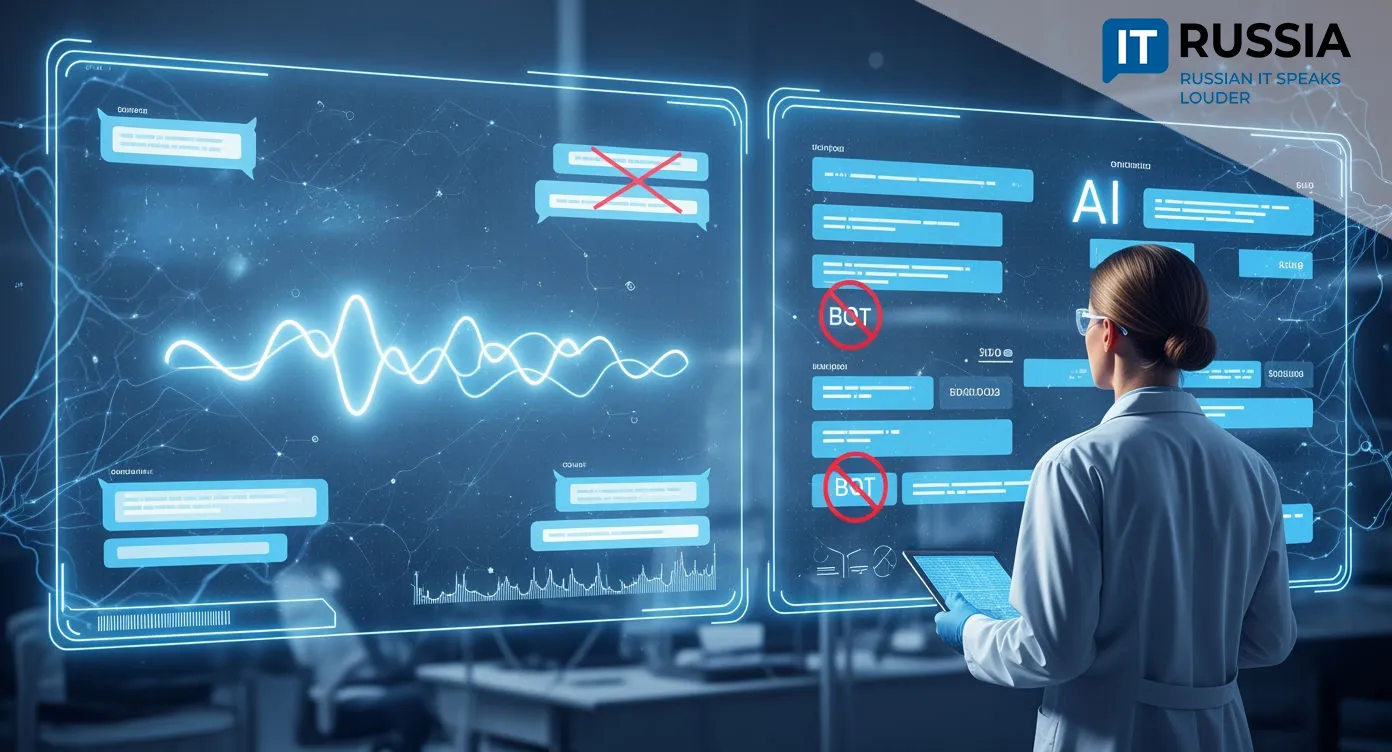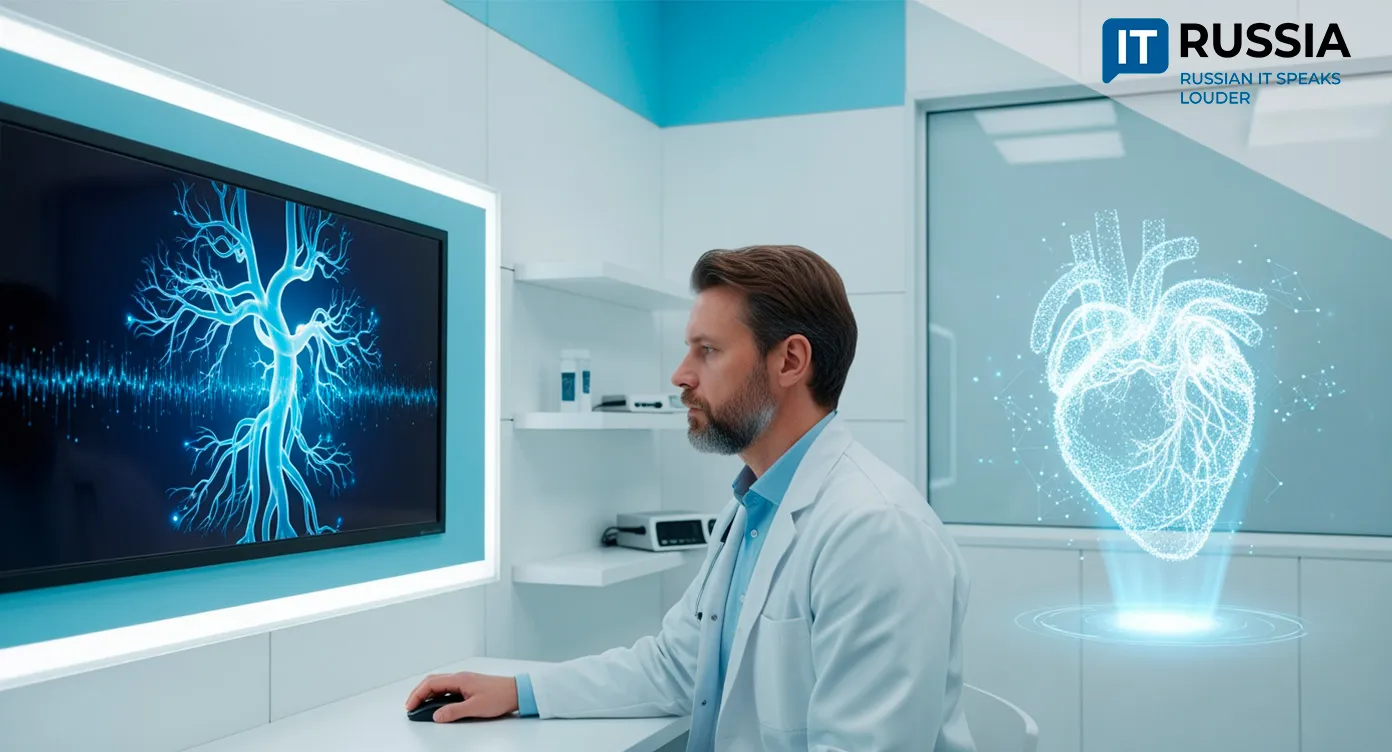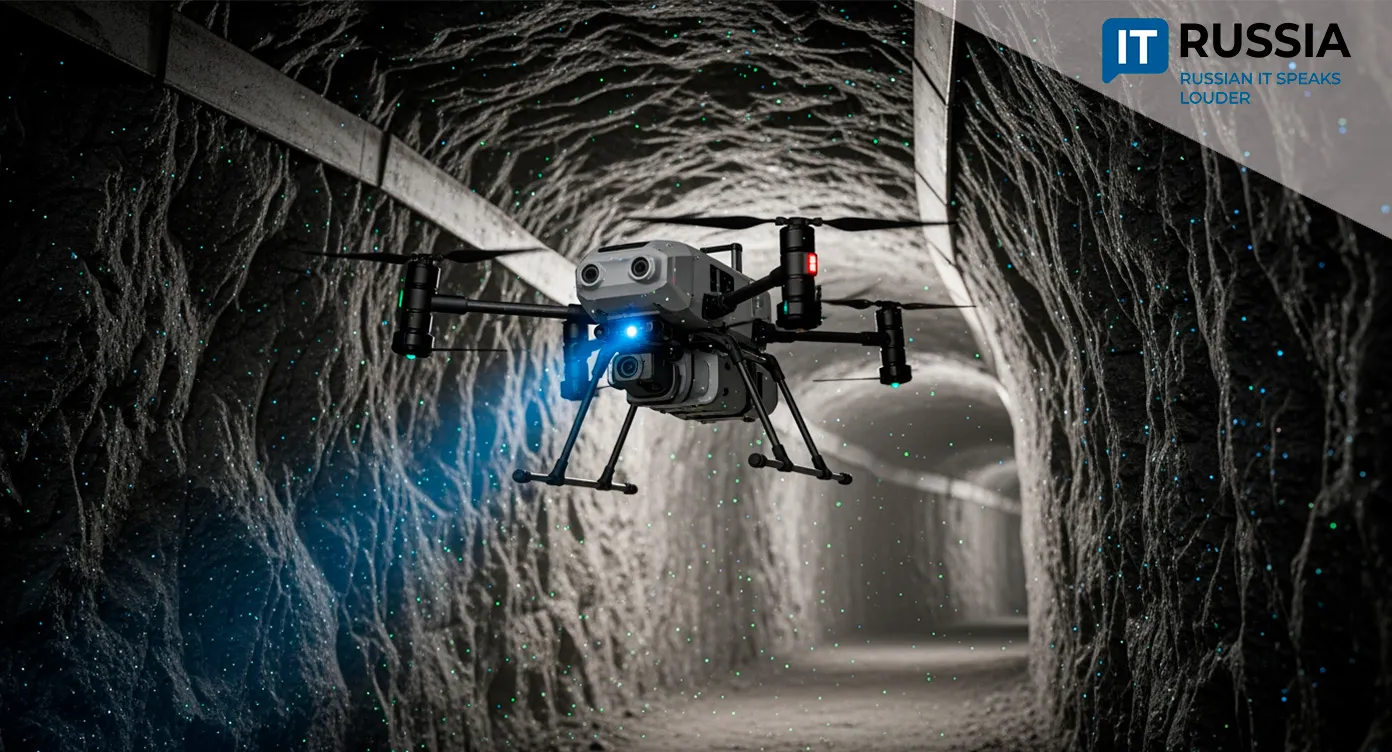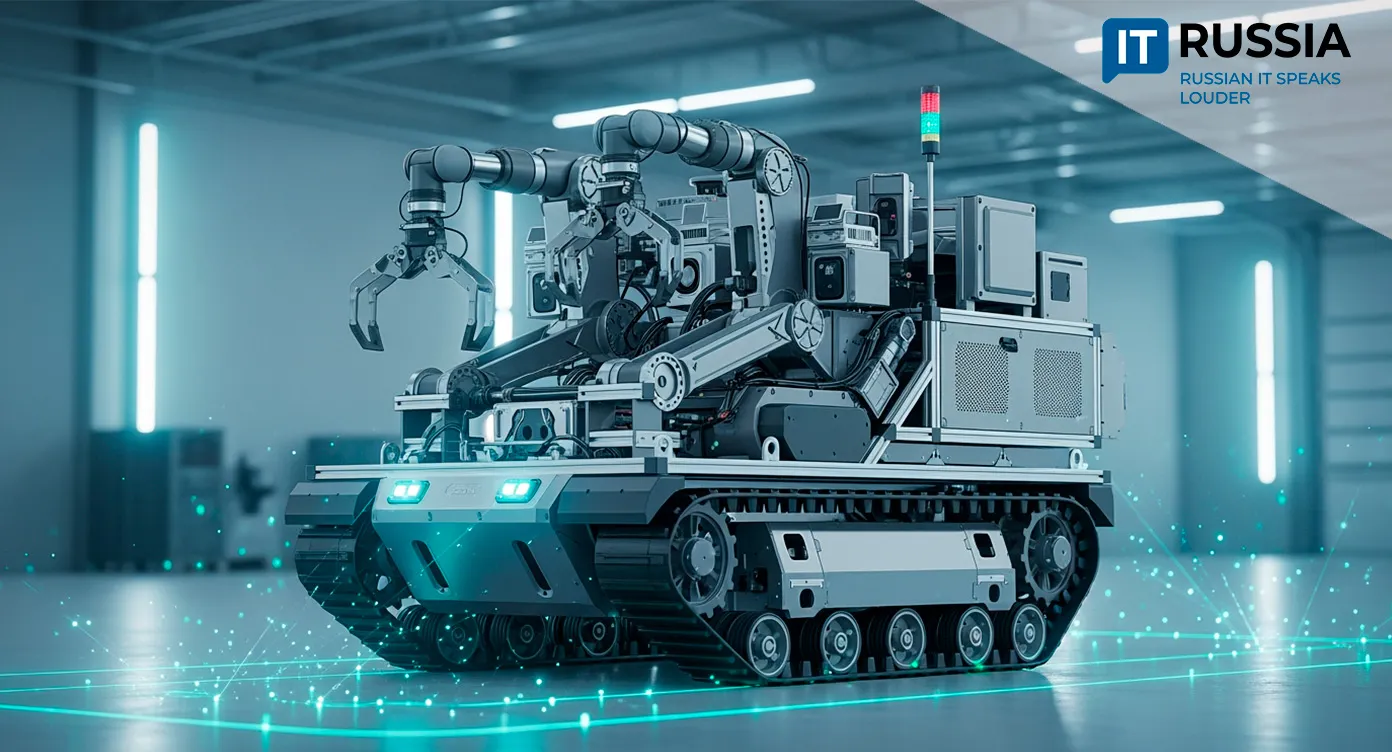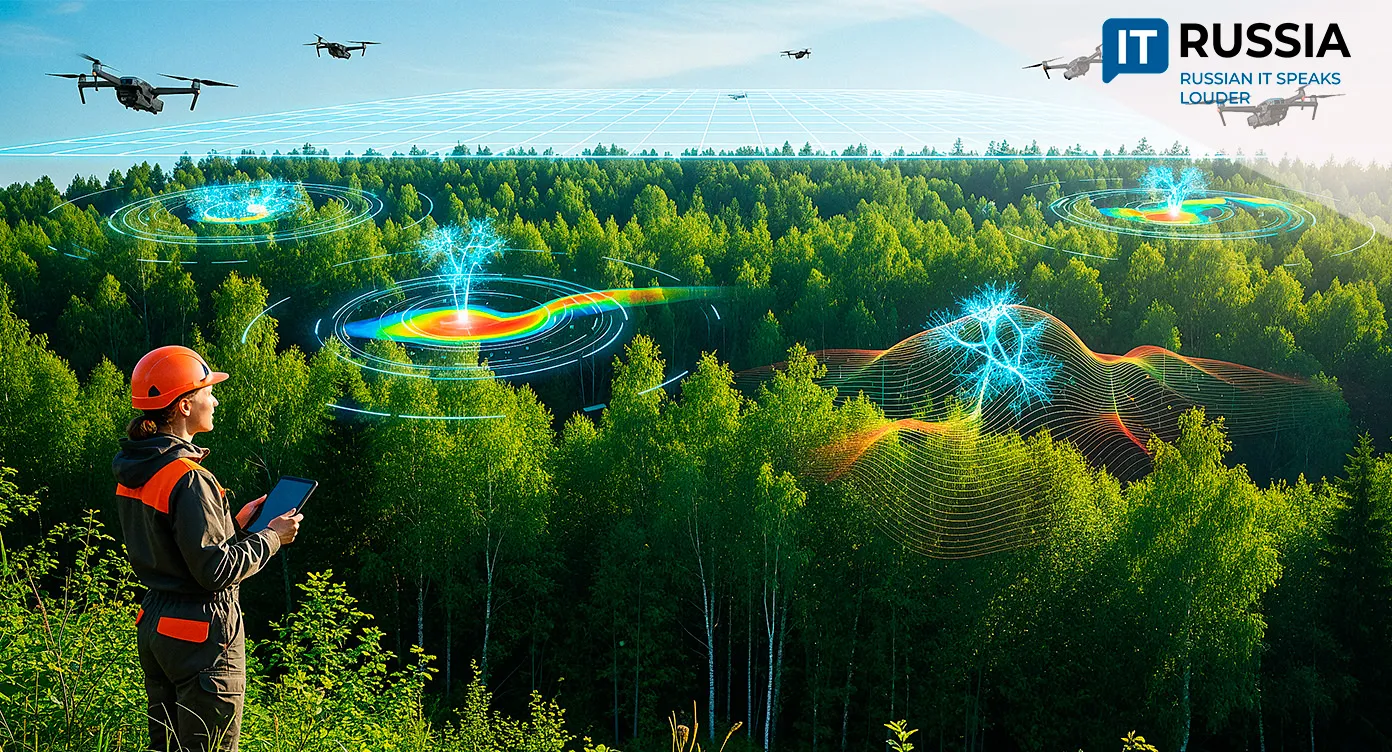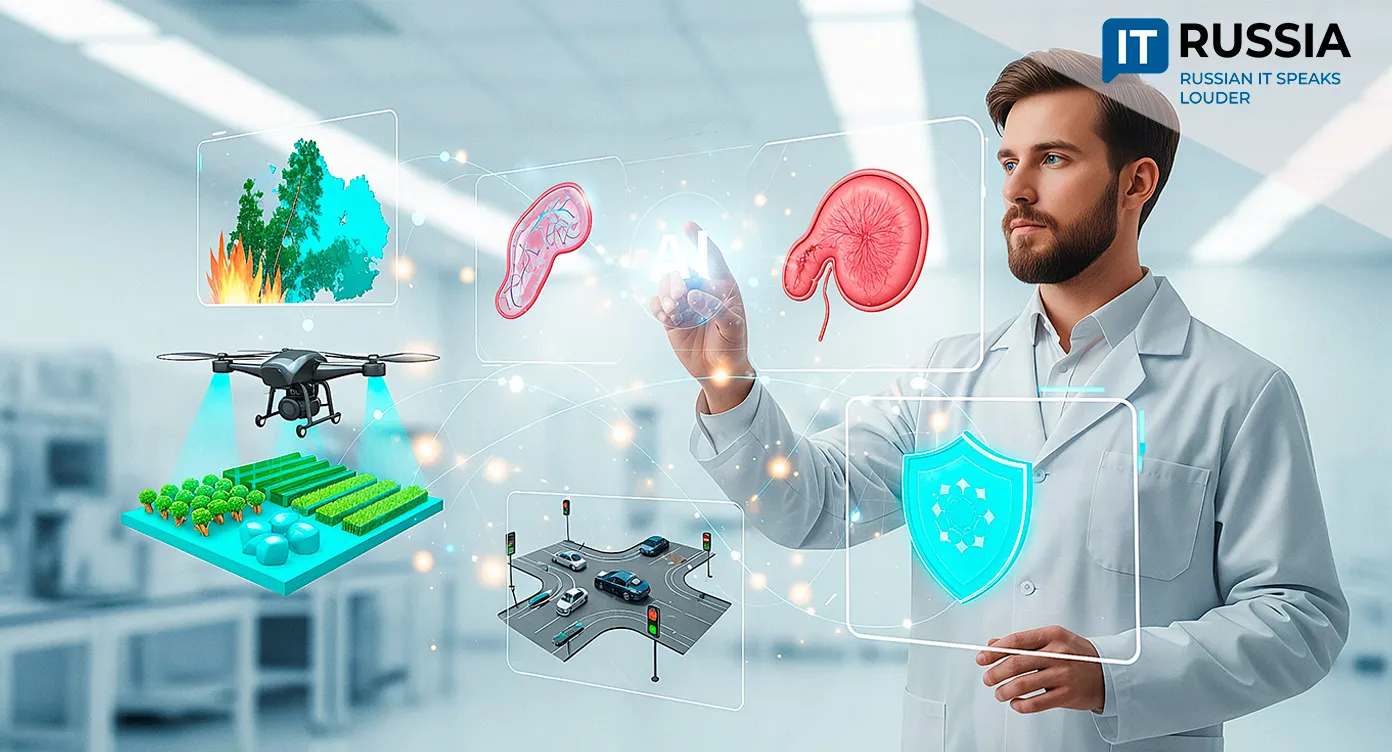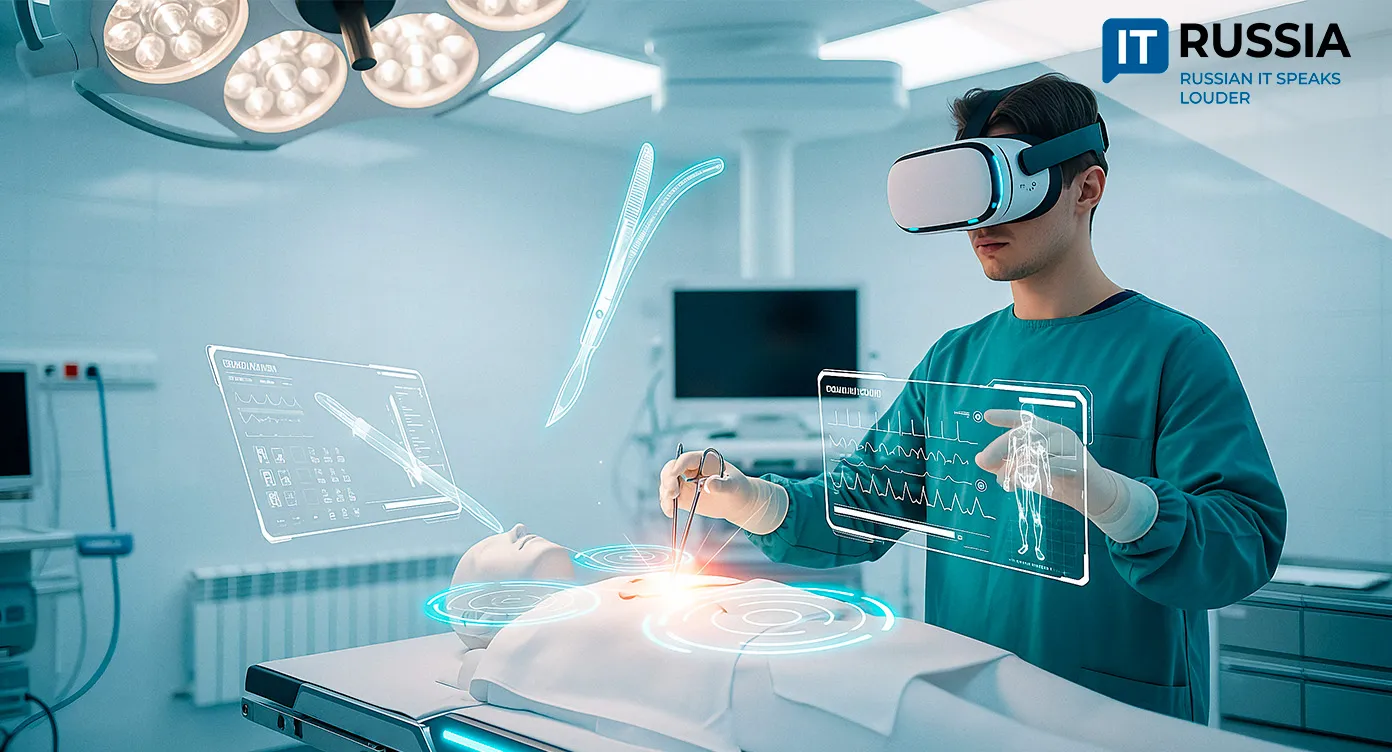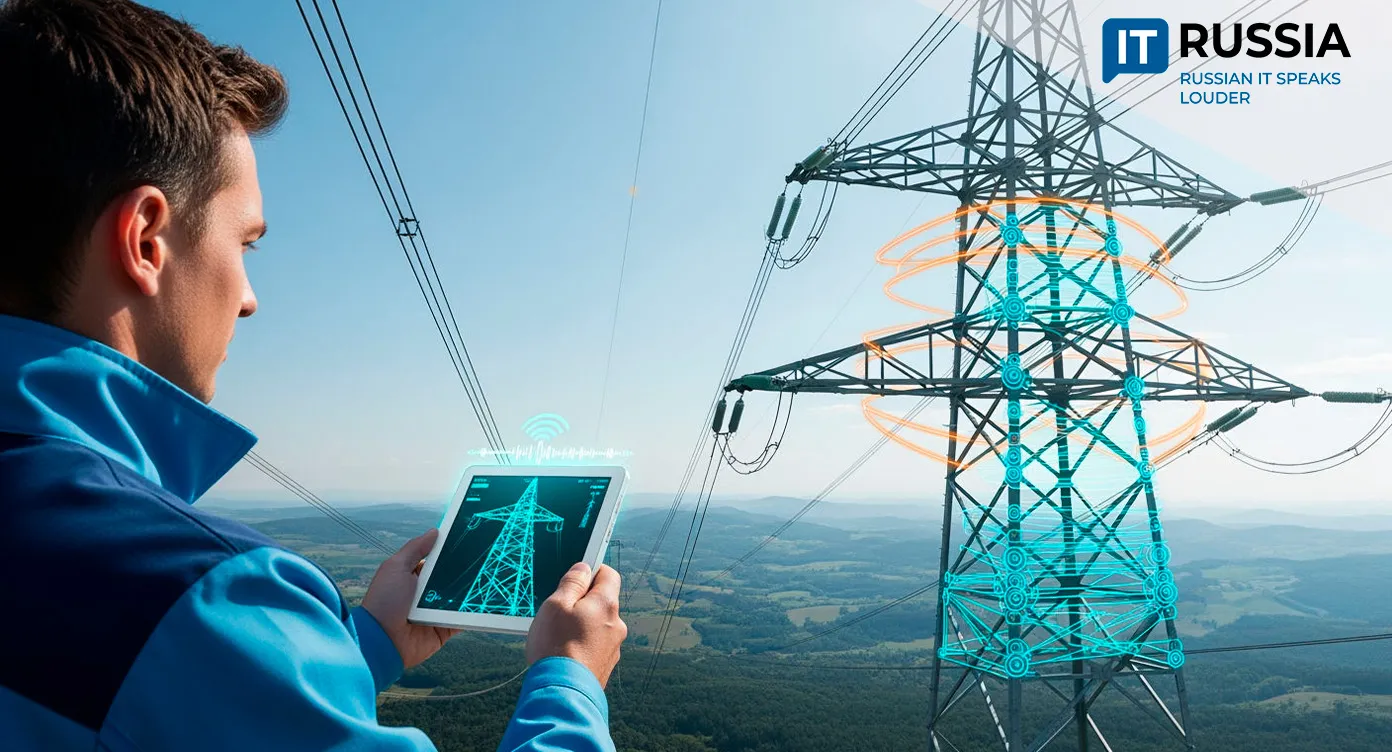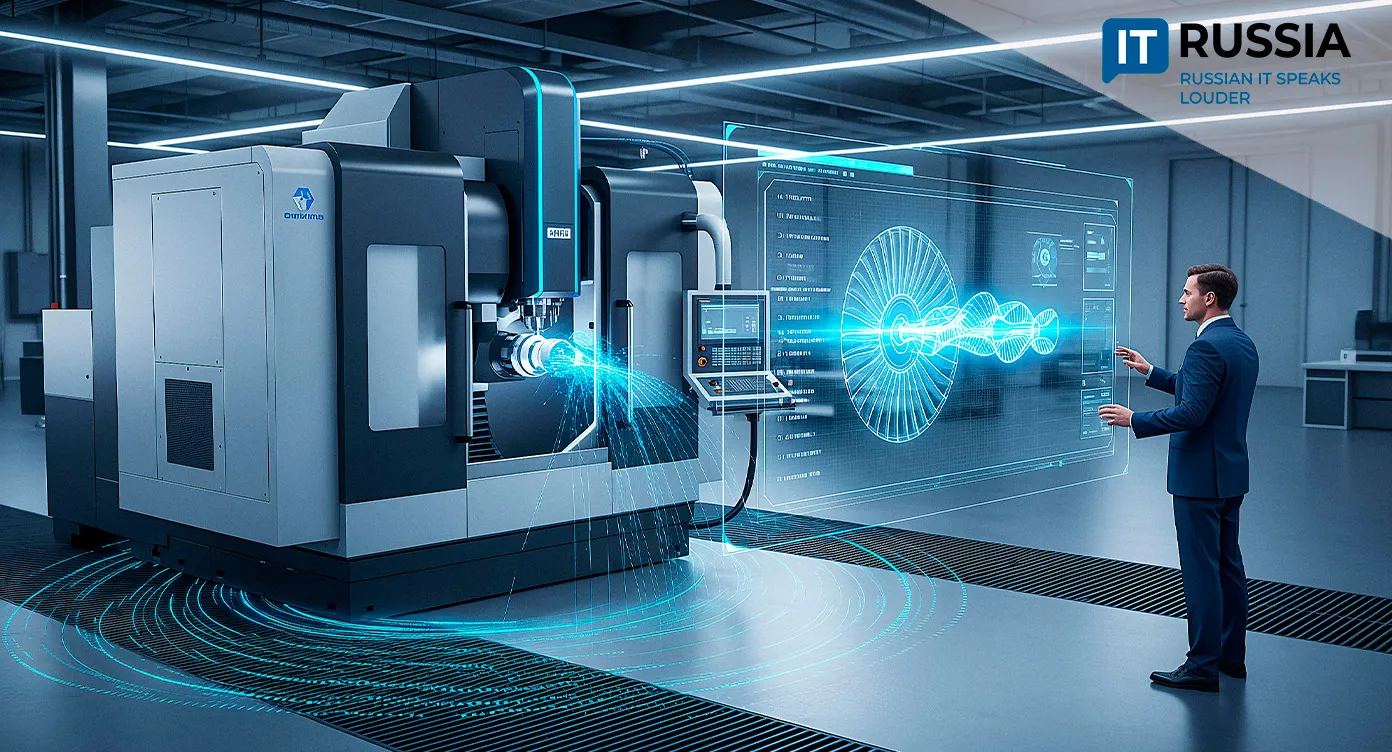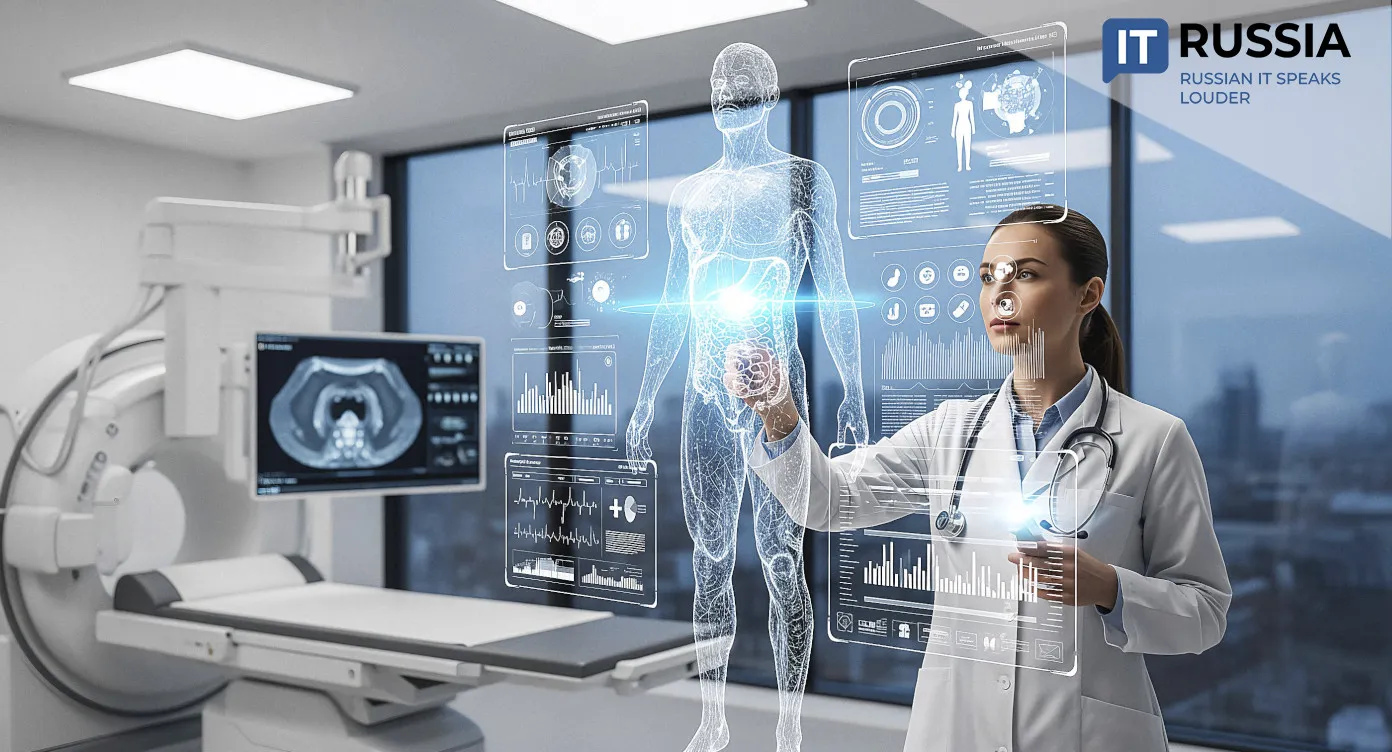Steel Powered by AI
Russia is building an AI-driven industrial IT ecosystem designed to replace imports, enhance production quality, and create export-ready technologies for CIS and BRICS markets.
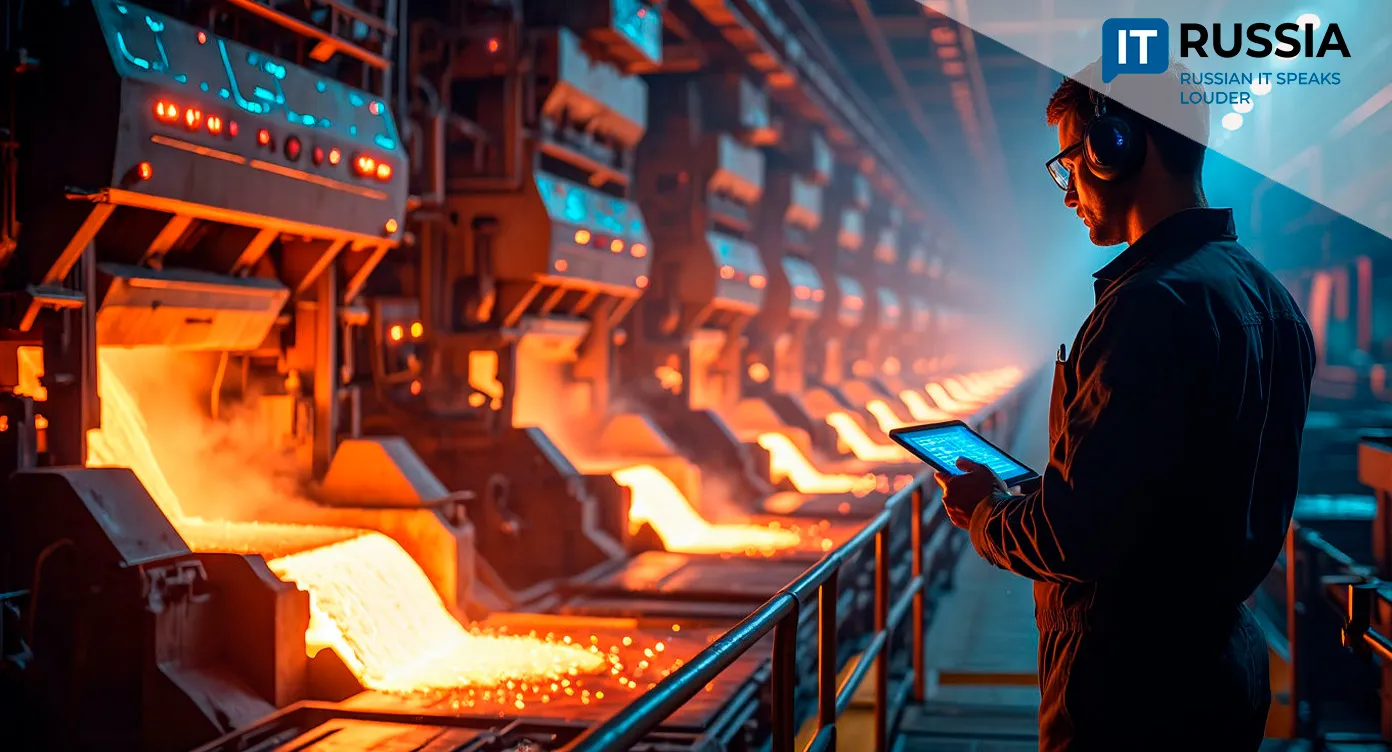
AI-Driven Metallurgy: A New Industrial Standard
Magnitogorsk Iron and Steel Works (MMK), one of Russia’s largest steel manufacturers, is implementing an advanced AI-based quality-control system supported by mobile inspection tools. This move marks a major step toward the digital transformation of Russian heavy industry.
The system combines real-time analysis of hundreds of production parameters—temperature, pressure, alloy composition, rolling speed, sensor readings, and historical defect records. AI models detect hidden correlations, predict defect-prone zones, and generate optimized inspection routes.

The mobile inspector ecosystem—tablets with cameras, barcode scanners, and cloud access—eliminates the need for stationary PCs. Inspectors record defects directly on the production line, attach photos and videos, pull up defect-classification guidelines, scan certificates, and send data into the claims system instantly. This reduces reporting time significantly and minimizes human error.
MMK expects a 15–20 percent reduction in defect rates, translating into savings worth tens of millions of dollars annually and strengthening its position in global steel markets.
Digital Platforms Becoming Industry Norm
Across Russia, steelmakers are accelerating the adoption of industrial software. In 2024, Severstal introduced its Integrated Planning System (IPS), a modular cross-industry platform covering forecasting, supply-chain optimization, S&OP, and full-cycle production management.
Integrated with the MES “Metallurgy” system, IPS synchronizes planning and operations in real time—from steel melting to shipment. Limited IPS 1.0 versions are available today, with full releases planned for 2025 and development roadmaps extending through 2026.
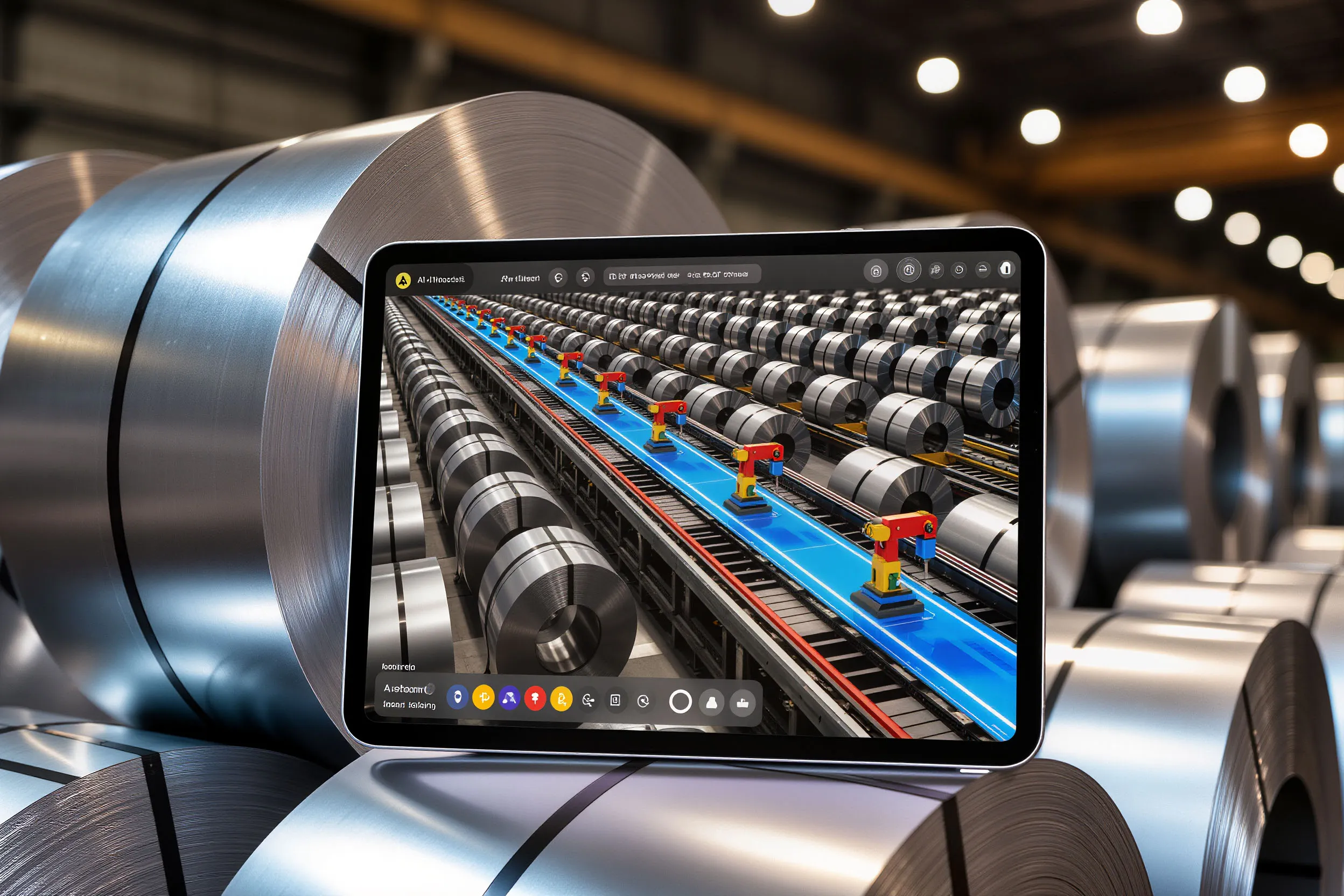
Nornickel’s IT subsidiary, NORSOFT, also launched AXIOMA, a predictive emissions-monitoring system suitable for oil, gas, chemical, metallurgical, and energy enterprises.
Quality Measured by Algorithms
The ability to replace imported control systems with Russian-developed platforms strengthens the country’s global industrial position. The mobile inspector system can be deployed across CIS and BRICS steel plants, turning it into a viable export product.
For regions like Magnitogorsk and Chelyabinsk, this means more IT jobs, talent development, and investment in high-tech engineering. For citizens, it ultimately results in safer bridges, more reliable pipelines, and longer-lasting infrastructure built from digitally inspected steel.
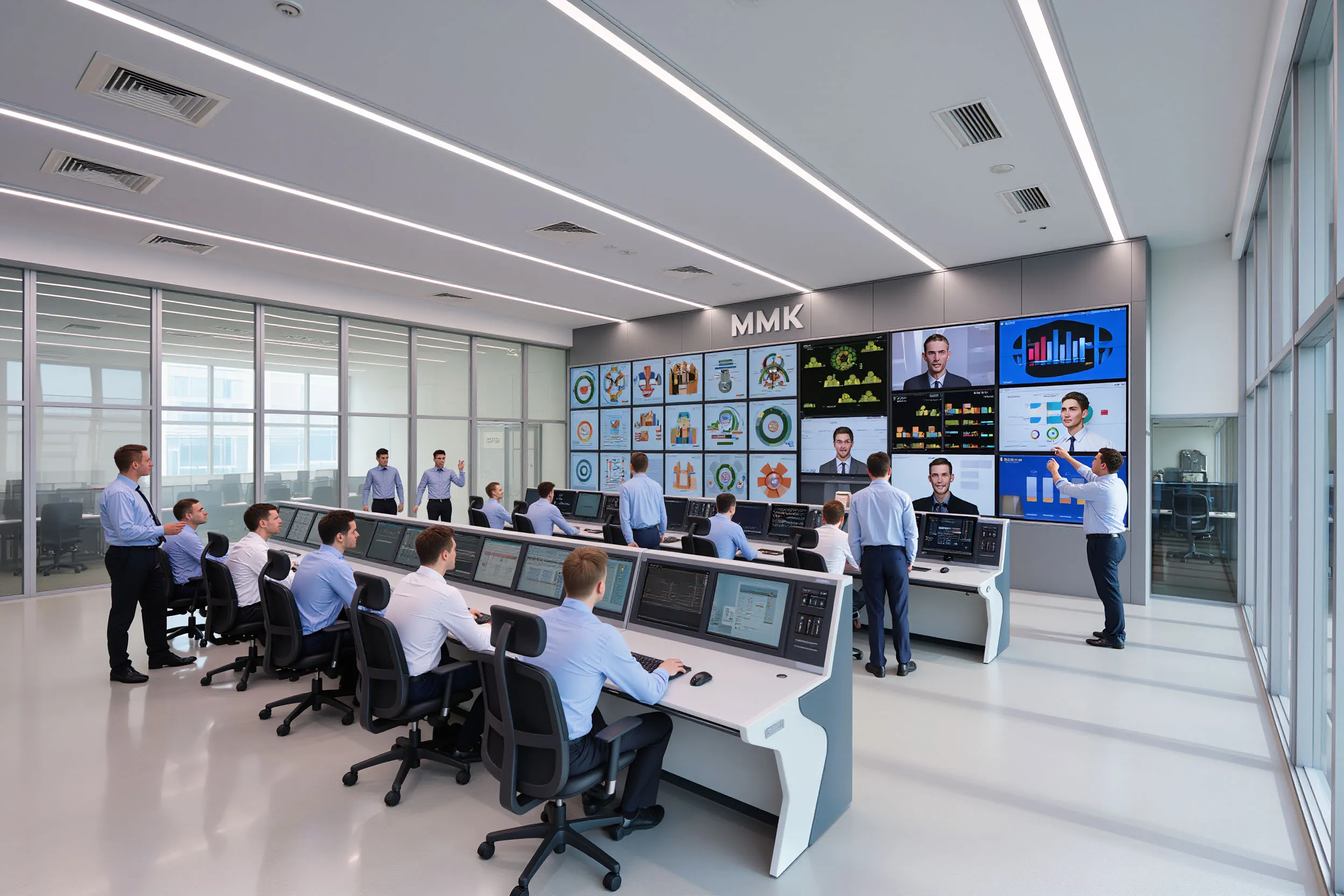
Russian Industrial IT Steps Onto the Global Stage
Metallurgy ranks among Russia’s top three most digitized sectors. More than 50 percent of enterprises use smart-manufacturing technologies, and nearly one-third utilize digital twins. Future priorities include robotized production lines, expanded machine vision, automated defect classification, and unified quality-control platforms.
These developments lay the foundation for a sovereign industrial IT ecosystem capable of replacing foreign software and competing internationally.



